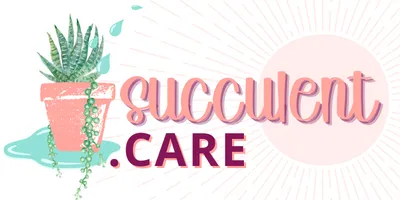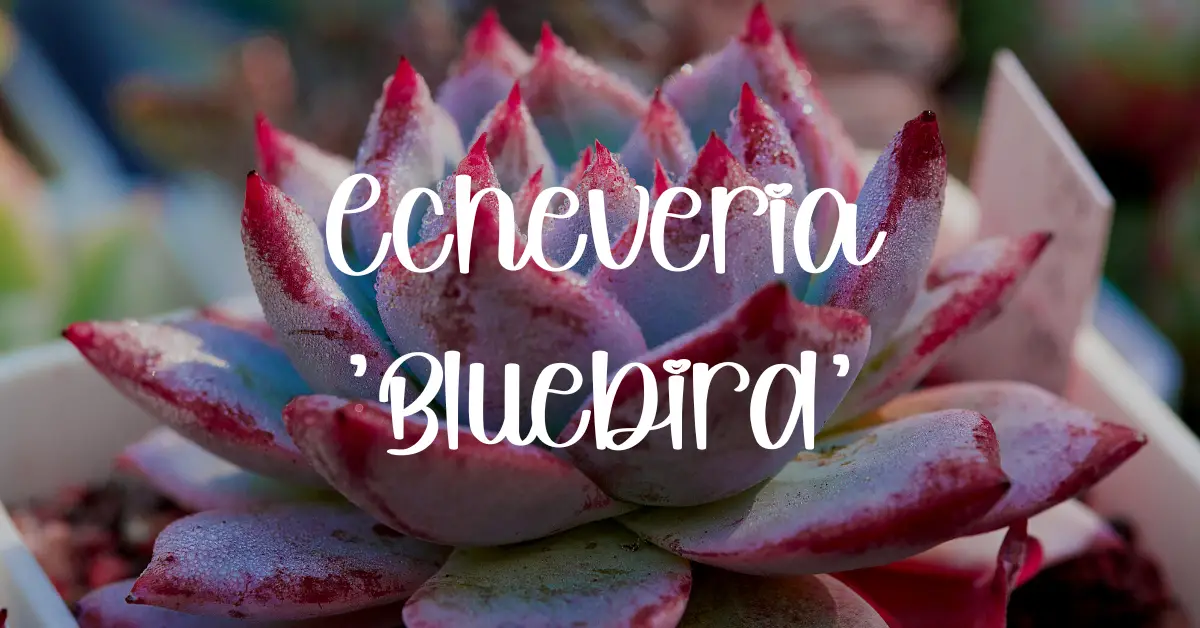If you’re looking for a unique addition to your succulent collection, then Echeveria ‘Blue Bird’ is the perfect choice for you. This cultivar, created by Frank Reinelt, is a hybrid of Echeveria colorata and Echeveria desmetiana, and it is known for its large silvery blue rosette that gets bright pink margins in fall and winter.

The Physical Characteristics of Echeveria ‘Blue Bird’
Echeveria ‘Blue Bird’ forms large rosettes of leaves that are bluish-white in color and have a powdery coating. The leaves are thick and fleshy, and can grow up to 10 inches in diameter. The leaves are an adaptation to full sun, and the powdery coating of farina (epicuticular wax) also gives Echeveria ‘Blue Bird’ a soft, pruinose appearance. The plant produces orange, bell-shaped flowers that bloom in the late spring or early summer. The leaves slowly elongate with age.

How to Cultivate and Care for Echeveria ‘Blue Bird’
Echeveria ‘Blue Bird’ is relatively easy to grow and care for. It prefers well-draining soil and full sun to partial shade. When it comes to watering, it should be done when the soil is dry to the touch and avoid overwatering as it can lead to root rot. Propagation of Echeveria ‘Blue Bird’ can be done by removing offsets that appear around the base of the plant, or by leaf cuttings. If you let the offsets cluster, Echeveria ‘Blue Bird’ will stay smaller.

Why Echeveria ‘Blue Bird’ is a must-have for your collection
Echeveria ‘Blue Bird’ is a unique and beautiful plant that will make a great addition to any succulent collection or garden. Its striking blue-gray leaves and bright pink margins in fall and winter make it stand out from other succulent plants. Additionally, the thick powdery coating of farina on the leaves gives it a special appearance.

Overall, Echeveria ‘Blue Bird’ is a great choice for succulent enthusiasts who want to add a unique and beautiful plant to their collection. Its easy care and striking appearance make Echeveria ‘Blue Bird’ a must-have for any succulent lover. So, let’s add some bluish-white beauty to your collection today!
Growing Season:
Summer
Dormant Season:
Winter
Quick Look at Echeveria ‘Bluebird’
Hardy to USDA Zone: 10- Size: Over 8″ wide
- Foliage: Light blue with pink tips
- Flower: Pink
Propagation: Stem cuttings, leaves, seed
Light: Full sun, bright shade
Water: Drench & Dry
Soil: Gritty, mostly inorganic, quickly draining- Origin: Mexico
About Echeveria ‘Blue Bird’
Echeveria ‘Blue Bird’ is a succulent cultivar created by Frank Reinelt and is thought to be the hybrid of E. colorata and E. desmetiana.
In the winter, Echeveria ‘Blue Bird’ has the most stunning pink/red tips. The leaves are pretty chunky and get longer at the bottom with age. It is covered in a thick layer of powdery farina which protects it from the sun. Be very careful handling it so you don’t make fingerprints!
I have found that this cultivar needs (and can handle) more light than others and will stretch if in low light conditions. So, if you are growing Echeveria ‘Blue Bird’ indoors in a container, be sure to put it in the sunniest window or use a supplemental grow light.

